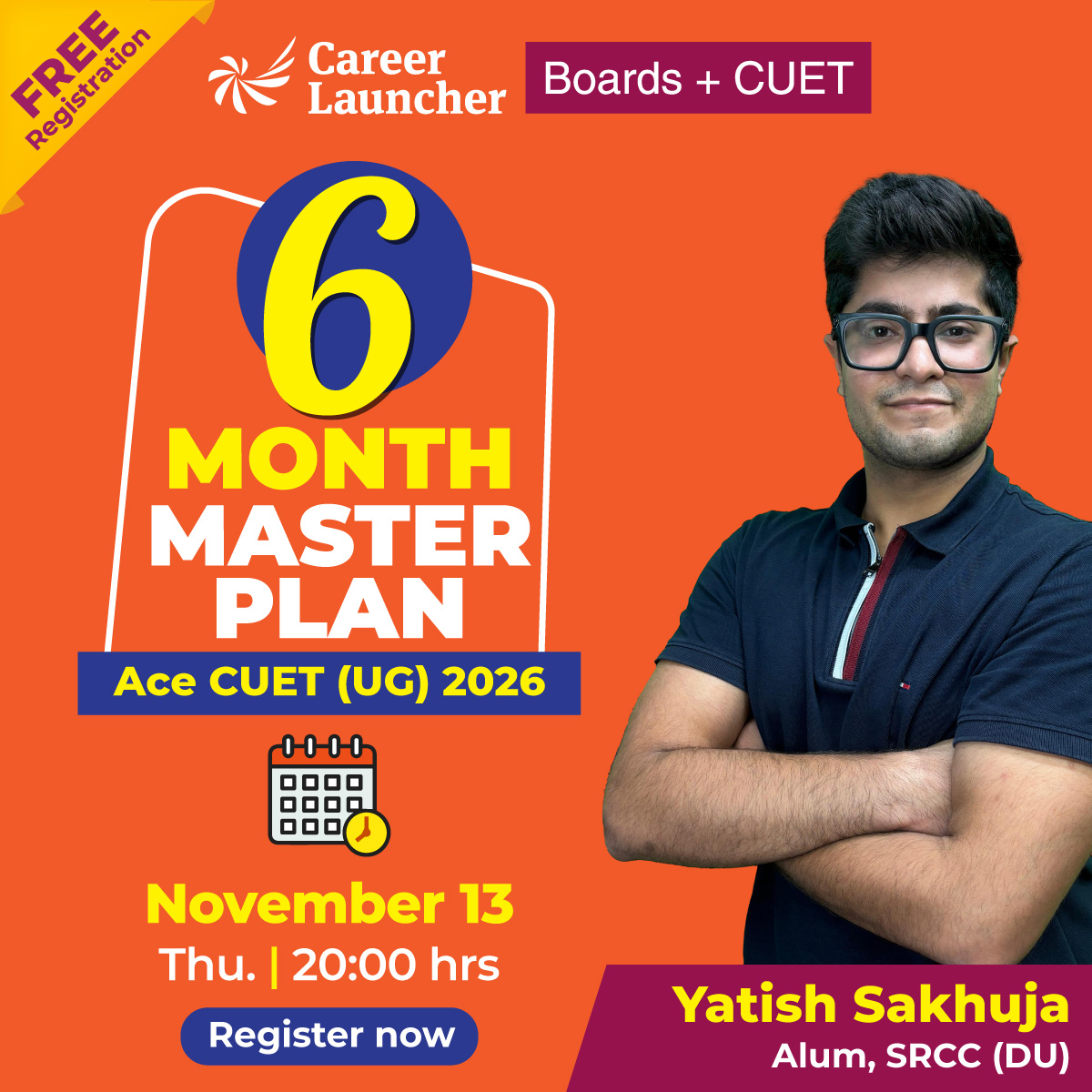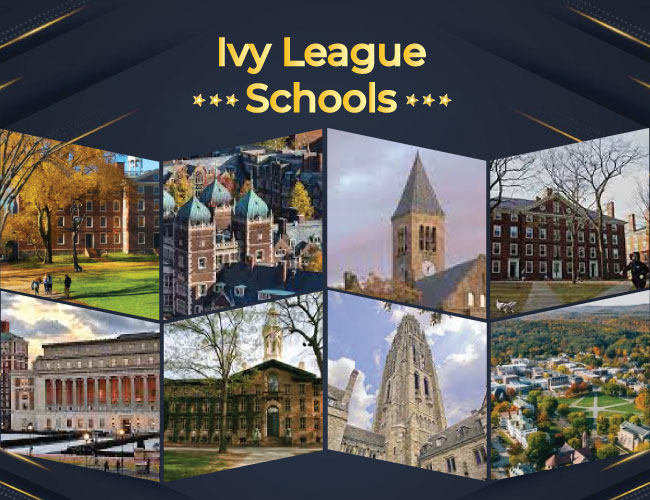Table of Contents
Everything You Need to Know About Ivy League Schools
The Ivy League is a group of eight prestigious private colleges and universities in the United States. These institutions are known for their academic excellence, rich history, and selective admissions processes. The member institutions are Brown University, Columbia University, Cornell University, Dartmouth College, Harvard University, the University of Pennsylvania, Princeton University, and Yale University.
Renowned worldwide, these institutions are educational powerhouses and symbols of intellectual brilliance and social prestige. This blog will discuss the Ivy League history, the admission process, and what makes these institutions unique.
Brief History of Ivy League Schools
While Ivy League history started as an athletic conference in 1954, the institutions that make up this elite group have far longer histories. Harvard University, established in 1636, is the oldest institution of higher education in the United States. The other seven universities were founded in the nation’s colonial era, or early days, between 1746 and 1769.
Over the past three centuries, these prestigious universities have grown into global leaders in higher education and research. While the “Ivy League” athletic conference dissolved in 1954, the term stuck as a prestigious designation for these eight elite American universities, bonded by their rich histories and uncompromising academic standards.
Admission to Ivy League School
Gaining admission to an Ivy League university requires more than just applying. The process is intensely holistic and competitive, with the most selective Ivies accepting less than 5% of applicants. These institutions are home to some of the world’s most brilliant minds, offering diverse and comprehensive programmes across various disciplines. Factors such as extracurricular activities, personal essays, letters of recommendation, and interviews play a significant role in Ivy League admissions decisions.
Academics
Stellar grades and standardised test scores remain vital. Ivy League applicants generally present:
- Strong high school GPAs rarely dip below 3.9 (regularly straight As in advanced courses).
- SAT scores in the top percentiles (frequently perfect 800s).
- AP/IB coursework and exam performance reflect intellectual engagement.
- Renowned teacher and counsellor recommendations.
Testing
- Submitting SAT or ACT scores was non-negotiable for Ivy League applicants (like no scores meant no admission chance).
- Mid-range scores for accepted students often landed between 700 and 800 per section, showing serious academic strength.
- But when COVID hit, all Ivies went temporarily test-optional to address application barriers during the pandemic. Many have now extended flexible policies around score reporting.
- However, test scores still matter if you aim for the Ivy League, especially in math/Quant areas connected to intended majors.
Extracurricular Activities
- Ivy League schools seek “well-rounded” classes comprising multifaceted students boasting achievement in research, music, writing, entrepreneurship, activism, and athletics, not just academics.
- One’s extracurricular pursuits should tie into deeper personal interests and goals.
- Leadership in activities reveals valuable skills, too.
Essays
Personal essays are critical given how many applicants present near-flawless transcripts, standardised test scores, and extracurricular accomplishment lists.
- Ivy admissions officers want to understand an applicant’s personality, background, motivations, and growth beyond bullet points.
- Ivy League essays require reflective, honest, and nuanced writing reflecting each student’s experiences.
Interviews
- Interviews allow applicants to expand on activities and essay themes conversationally.
- These conversations allow applicants to exhibit personality, interests, communication skills, and knowledge to stand out.
You can also schedule a one-on-one session with Career Launchers experts to make your Ivy League application outshine others.
Ivy League Academics and Student Life
Beyond the intense competitiveness of admissions, what’s student life in the Ivy League like for successful applicants?
Academic
Ivy League schools prioritise superlative scholarship and intellectual vitality above all else.
- Students are immersed in an environment valuing academic rigour, genius-level professors, stellar facilities/resources and research opportunities.
- Ivy League graduates are highly sought-after candidates for top medical schools, law schools, PhD programmes, and innovative companies due to an Ivy degree’s instant credibility and access to extensive professional networks that open doors.
Campus Life and Culture
The Ivy League campus life has its own unique culture and environment.
- From the urban setting of Columbia University in New York City to the rural, picturesque campus of Dartmouth College in New Hampshire, students can choose an atmosphere that best suits their preferences.
- Campus life at these institutions is vibrant, with many student organisations, activities, and community events.
Extracurricular Activities
Athletics and extracurricular activities are also central at Ivy League schools. Undergraduates participate in Division 1 varsity sports programmes, student theatre productions, political activism movements, entrepreneurship incubators, research endeavours, musical groups, writing collectives, and hundreds of student-run clubs.
Financial Aid and Scholarships
- Contrary to popular belief, Ivy League schools are committed to making education accessible to students from all economic backgrounds.
- Most offer need-blind admissions and provide generous financial aid packages based on family income, making these prestigious institutions reachable for many.
Alumni Network
- Graduates join the ranks of extremely distinguished, well-connected and highly influential Ivy League alumni networks spanning industries and domains.
- Fellow Ivy League graduates offer networking, career trajectory and business partnership opportunities.
International Perspective
The Ivy League schools are notable for their global outlook.
- They attract students from all around the world, fostering a diverse and multicultural environment.
- This international perspective enriches the educational experience, preparing students to thrive in a globally connected world.
Final Word
While intensely competitive, world-renowned Ivy League schools offer undergraduates stellar academics, plentiful research opportunities, accomplished professors, diverse student communities, and influential alumni networks. As you consider your educational journey, remember that while the Ivy League offers outstanding opportunities, the best college experience aligns with your personal and academic goals, whether within or beyond.







